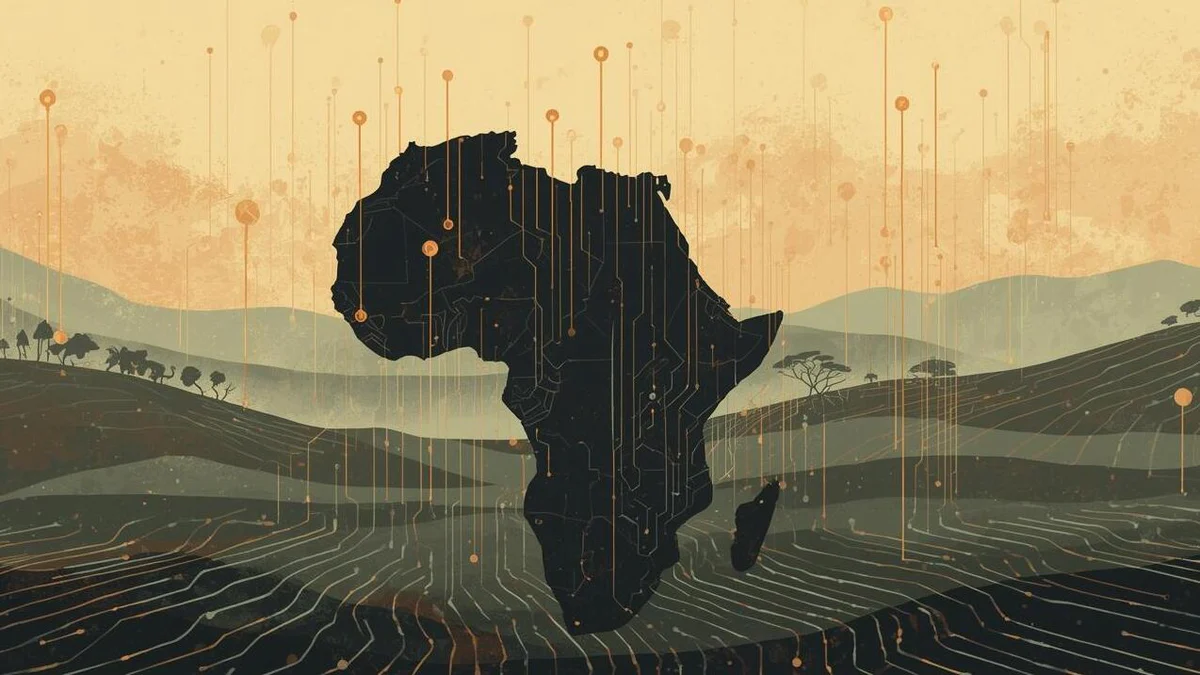As artificial intelligence (AI) evolves at breakneck speed globally, a crucial question emerges: how can Africa's local languages secure their place in a technological ecosystem dominated by English, Mandarin, and Spanish? While the continent lags in industrial and scientific AI deployment, it simultaneously faces a strategic challenge: ensuring the survival, promotion, and integration of its languages in tomorrow's digital universe.
Global Context and Technological Asymmetry
The United States, China, and to a lesser extent, Europe, currently control the majority of AI-related infrastructure, funding, and patents. This concentration of power mirrors historical patterns of technological inequality, with implications particularly relevant to Ireland's own experience with language preservation and technological advancement.
- Research Concentration: Less than ten countries produce 80% of scientific publications in the field
- Private Sector Dominance: Tech giants (Google, Microsoft, OpenAI, Baidu, Tencent) largely dictate research and development priorities
- Infrastructure Gap: Access to supercomputers and large language models remains highly unequal
In this global landscape, Africa faces structural challenges in funding, training, and data availability. However, this deficit could become a strategic advantage if the continent successfully leverages its linguistic and cultural uniqueness.
The Critical Role of African Languages
Africa's linguistic diversity, with over 2,000 languages, presents both challenges and opportunities in the AI landscape. This situation parallels Ireland's own journey with the Irish language (as evidenced in educational initiatives), highlighting the importance of linguistic preservation in the digital age.
- Erasure Risk: Languages like Wolof, Lingala, Swahili, and Hausa face digital marginalization due to limited data representation
- Cultural Stakes: Losing linguistic footing threatens both cultural transmission and cognitive sovereignty
- Opportunity: Developing structured corpora and targeted machine translation programs could transform this challenge into a differentiating advantage
Emerging Local Initiatives
Several African projects are working to bridge this divide:
- Masakhane: A pan-African researcher network focusing on African language machine translation
- Academic Institutions: Universities in Nairobi, Johannesburg, and Accra investing in Natural Language Processing (NLP) laboratories
- Startups: Local enterprises specializing in voice solutions adapted to African markets
Geopolitical and Economic Implications
The language question in AI development carries significant implications for sovereignty and economic development. Africa's AI gap represents not just a challenge but an opportunity to develop AI systems that reflect diverse social, economic, and cultural realities.
